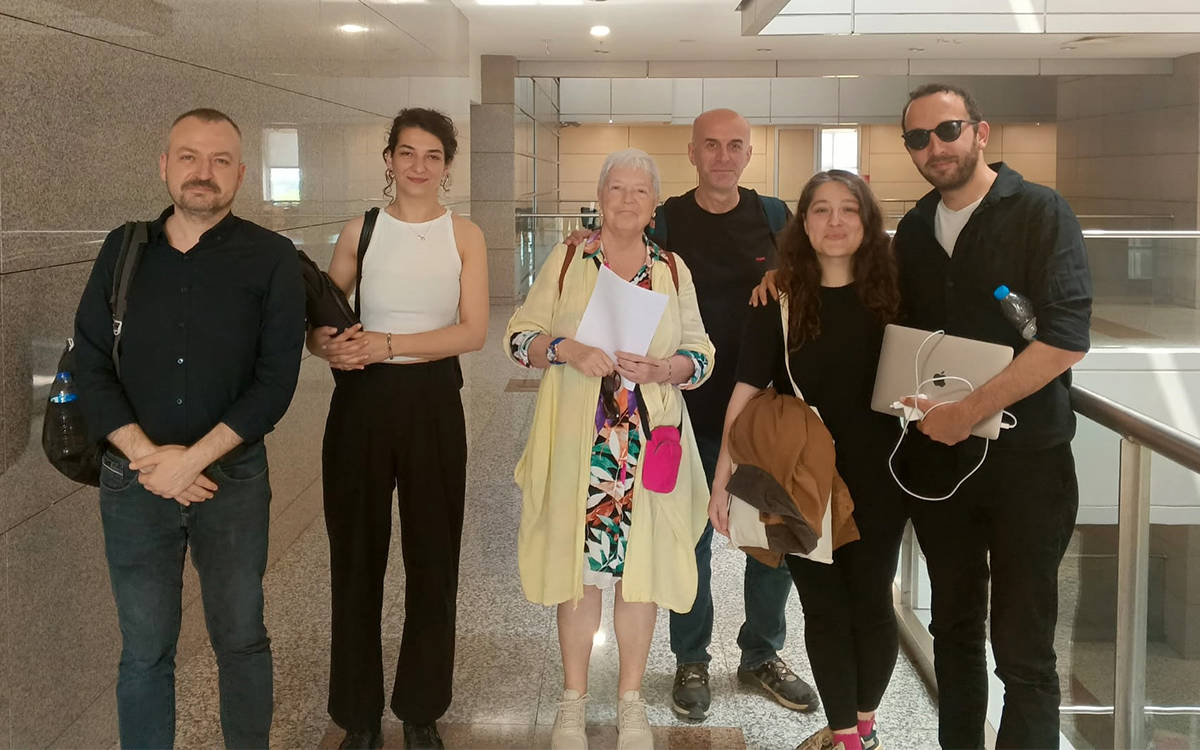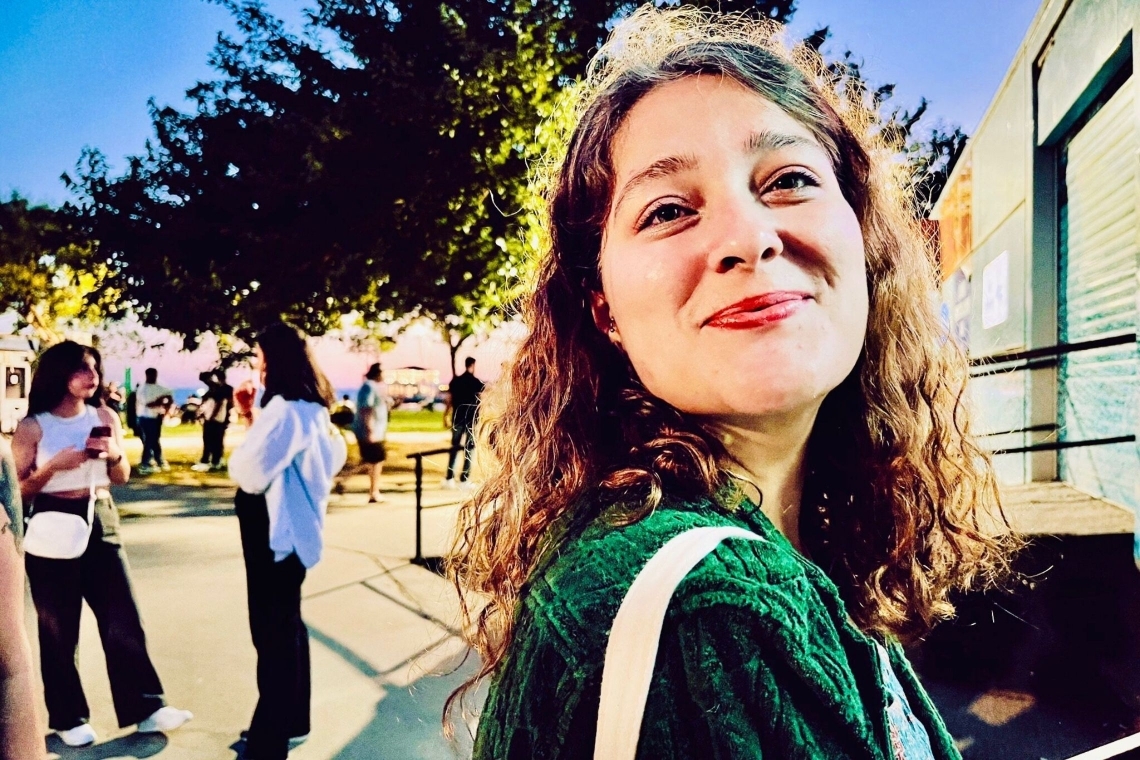Tuğçe Yılmaz, editor for LGBTİ+ news at independent Turkish media outlet Bianet.org, was briefly detained in Istanbul on June 3 over a news report published in April on Armenian youth in Turkey. She was released the next day after giving a statement to the prosecutor.
Yılmaz told the Media and Law Studies Association (MLSA) that police detained her in the Kadıköy district on Istanbul’s Asian side during a routine ID check, informing her that a warrant had been issued for her arrest. Despite reporting weekly to the same police station as part of a separate legal case, she spent the night in custody at the Kadıköy İskele Police Station before being brought to court.
The detention is linked to a news story Yılmaz published on April 24, 2024, titled "Young Armenians from Turkey speak: Mourning that has lasted 109 years." The article, which marked the anniversary of the 1915 Armenian Genocide, included references to the genocide and was reportedly the subject of a citizen complaint filed via Turkey’s Presidential Communications Center (CİMER). This led to an investigation under Article 301 of the Turkish Penal Code, which criminalizes “insulting the Turkish nation and state.”
Yılmaz said she was stopped by police around 8:30 p.m. while walking in Kadıköy. Officers told her she was being detained due to a warrant. She later learned that her face had been identified through facial recognition technology before police approached her for ID. Despite having signed in at the same police station just a day prior as required by a court order in an unrelated case, officers took her into custody.
Although initially told by officers that she was not technically under arrest, she was held overnight on the prosecutor’s orders. Her personal belongings were searched, and she spent the night in a detention cell.
On the morning of June 4, Yılmaz was first told she would be taken to the Istanbul Anadolu Courthouse in Kartal, but upon arrival, police informed her that there had been a mistake and she would instead be transferred to the Çağlayan Courthouse on the European side of the city.
During the transfer, Yılmaz said police officers made intimidating remarks, including “the crime you committed is serious,” “your situation is complicated,” “prepare for arrest,” and “Bakırköy prison is full, you’ll probably go to Silivri,” referring to a high-security prison often used to detain journalists and political prisoners. She described the comments as psychological pressure.
Yılmaz was finally brought before prosecutors at the Çağlayan Courthouse shortly before noon. In her prosecutor’s questioning, she was asked about her April article on Armenian youth. She was told that the article led to a formal investigation under Article 301 due to its references to the Armenian Genocide, a term the Turkish government does not recognize and considers legally and politically sensitive.
The Justice Ministry granted permission for the investigation to proceed — a requirement under Turkish law for Article 301 cases — and an indictment was prepared, though it has not yet been submitted to a court. The arrest warrant was issued on June 2, one day before she was taken into custody.
(Photo: bianet.org)
After giving her defense statement alongside her lawyers, Yılmaz was released without formal charges being filed in court.



